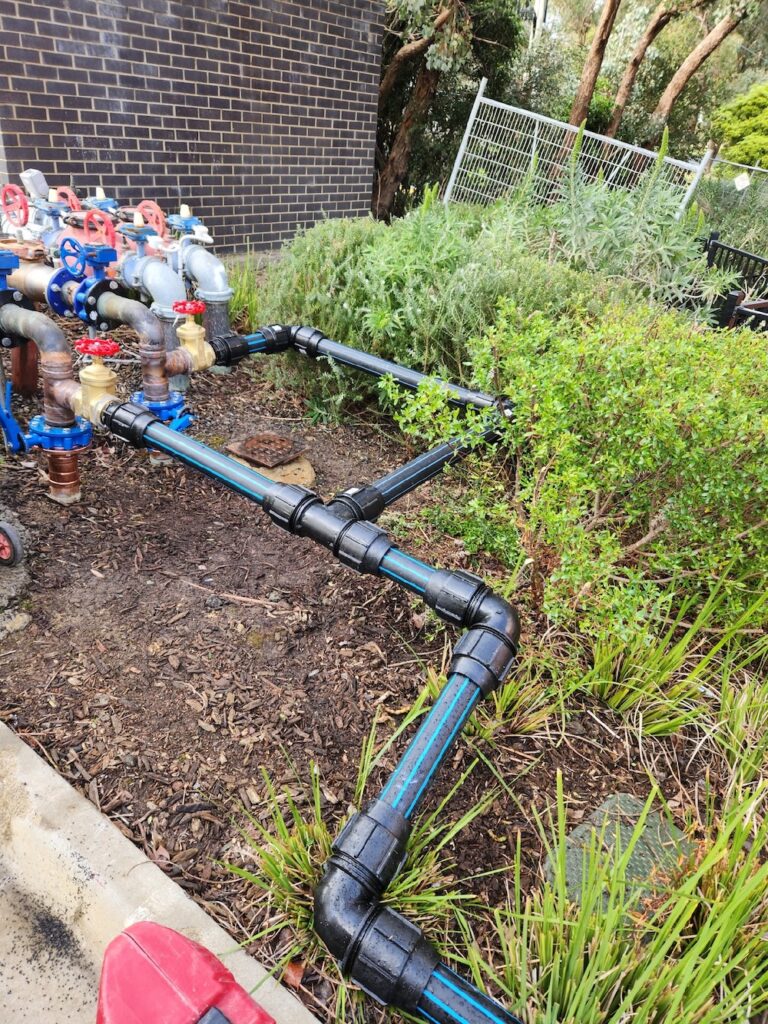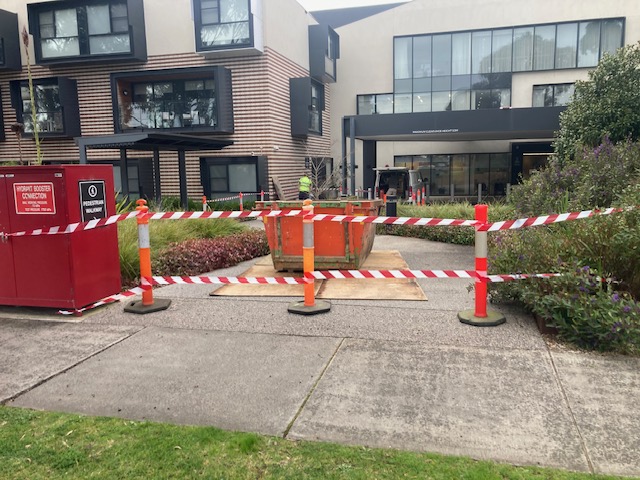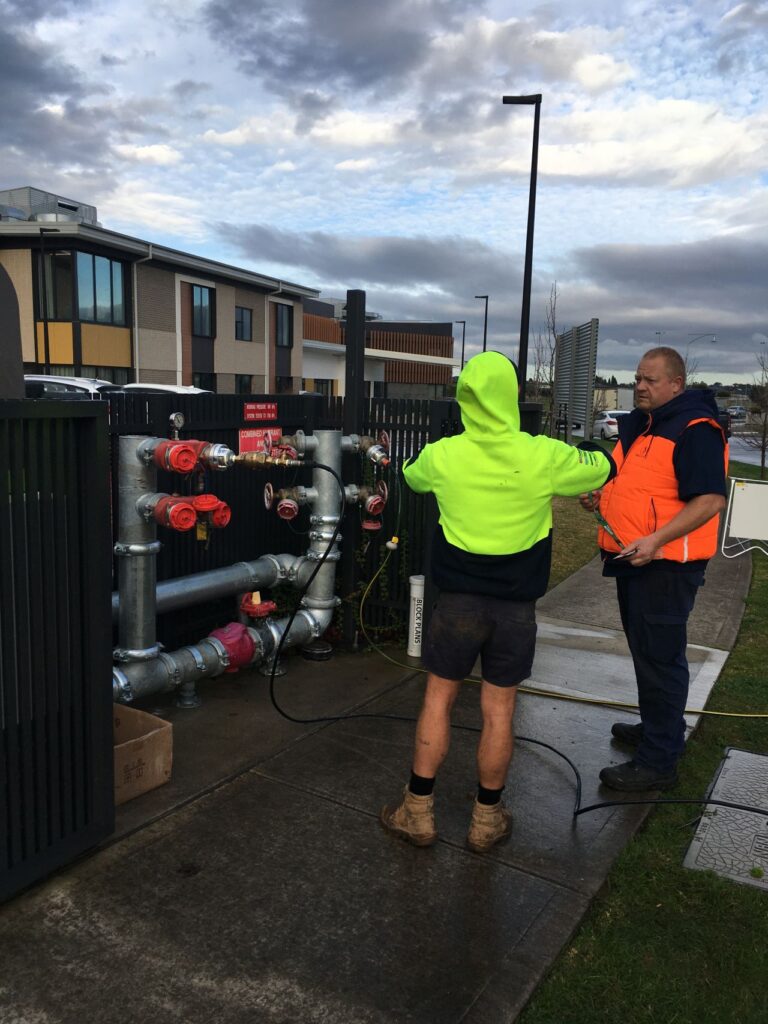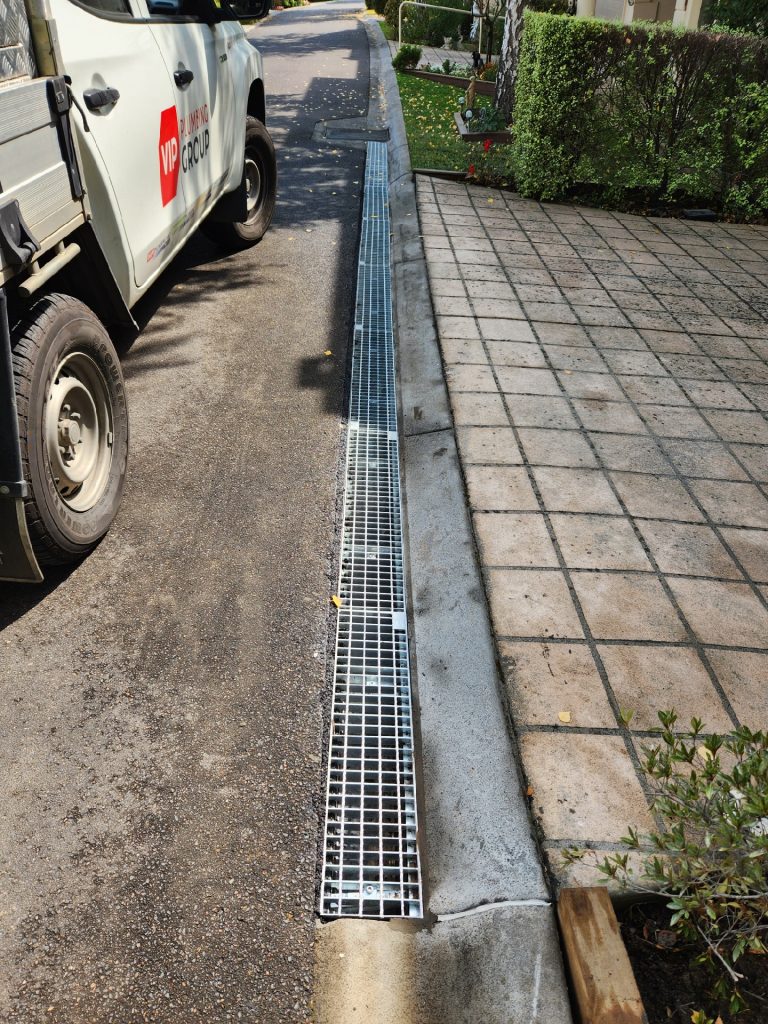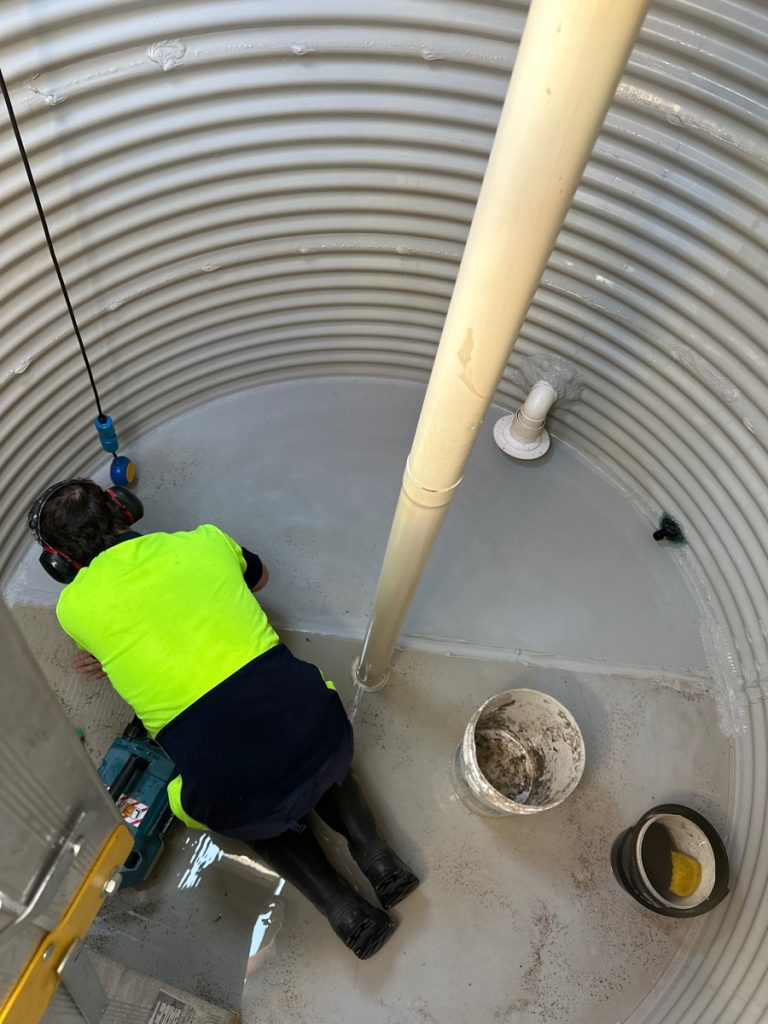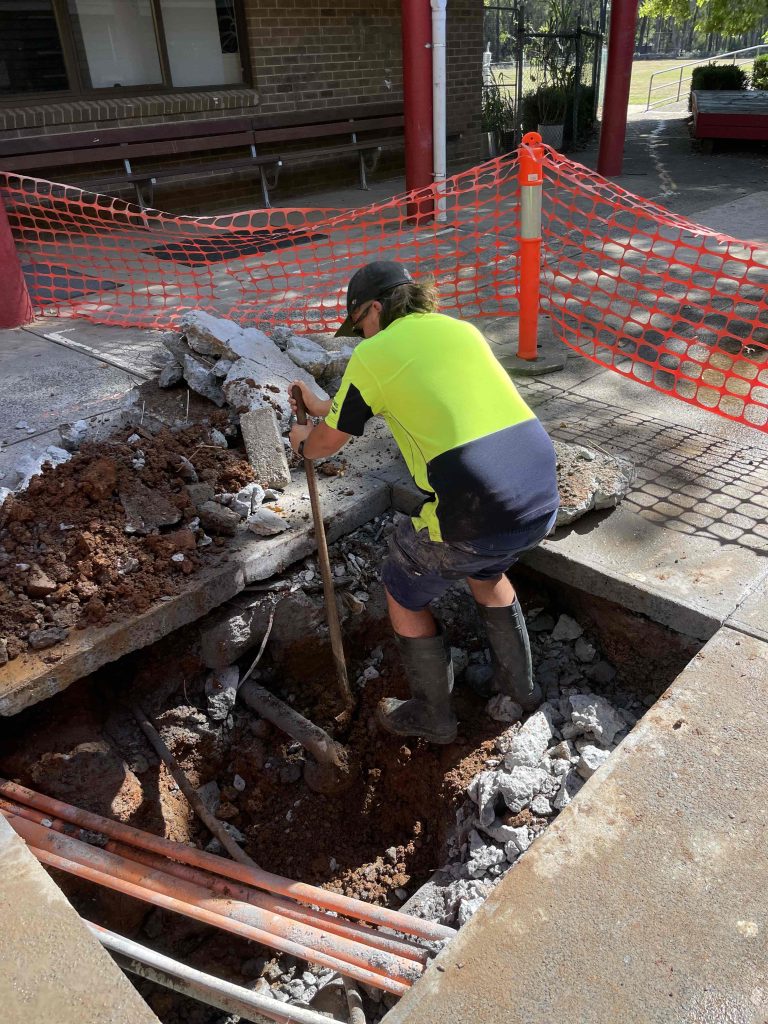Discover the VIP Difference
Emergency Plumbing
When unexpected plumbing
crises arise, VIP Plumbing’s
emergency response team is
ready to resolve your issues
swiftly and efficiently. Trust us to provide fast, effective
solutions that minimise
downtime and protect your
property.
Essential Plumbing
Preventative Maintenance
Upgrade Project Plumbing
Metal Roof Plumbing
Comprehensive Commercial Plumbing
Founded on the principles of integrity, quality, leadership, and teamwork. VIP Plumbing has been the cornerstone of commercial & larger-home plumbing solutions in Melbourne. Specialising in services for commercial properties, industrial facilities, educational institutions and aged care facilities, we’re not just plumbers; we’re your dedicated partners in maintaining excellence.
Blocked Drains
Tailored solutions for any blockage in toilets, laundry, kitchen, or bathroom.
Damaged or Leaking Pipes
Expert repairs for any pipe damage or leaks in your home, ensuring reliable solutions.
Hot Water Repairs & Installations
Expert repairs and installations across gas, solar, electric, or water tank systems.
Gutter Cleaning
Comprehensive gutter, spouting, and downpipes service for commercial and industrial facilities.
Gas Installations
Precision installations and replacements for gas systems, ensuring safety and compliance.
Fire Service Plumbing
Comprehensive plumbing solutions for fire service systems.
Metal Roof Plumbing
From repairs to new installations, we handle all metal roofing needs.
Commercial Plumbing
Melbourne’s most trusted plumbers for commercial and industrial needs.
Our Commitment to Your Success
Experience & Expertise
Dedicated service to Melbourne and Victoria with a focus on commercial properties.
Quality & Integrity
Surpassing industry standards to deliver unparalleled service.
Specialised Sectors
Expertise in government, health, aged care, and more.
Sustainable Solutions
Dedicated to practices that conserve water and promote environmental responsibility.
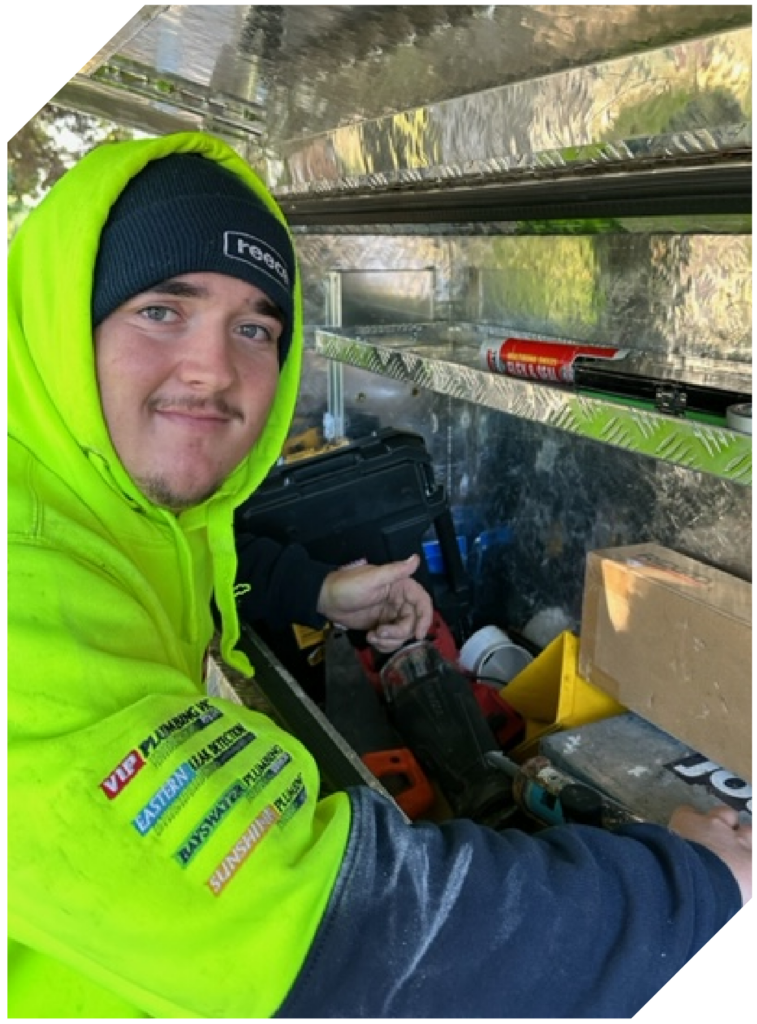

What others say about VIP Plumbing
How We Work
Embarking on a new plumbing project or maintenance program with VIP Plumbing is a seamless
and transparent journey, designed to meet your specific needs with precision and care. Here’s a simplified breakdown of our process:
Inquiry
Simply reach out via online inquiry, phone, or email expressing your interest in our services.
One of our friendly team will be in contact for a brief qualifying discussion. This involves understanding your needs, requirements, and any specific requests that you might have.
The goal here is for us to gather enough information to determine if VIP Plumbing can meet your needs effectively.
Consultation
Once the inquiry stage is complete and it’s established that VIP Plumbing can provide the desired services or products, the next step is consultation.
This involves deeper discussions with you to understand your long term goals, preferences, constraints, and any other relevant factors.
During this stage, we might offer advice, recommendations, or alternative solutions based on our expertise.
Planning
After the consultation phase, it’s time to develop a detailed plan outlining how VIP Plumbing will fulfill your requirements.
This plan includes processes, resources, responsibilities, and any other pertinent details.
The goal of this stage is to create assurance that VIP Plumbing can effectively deliver the services required.
Handover
Once the planning stage is complete and you have approved our proposal, it’s time to officially hand over to the relevant stakeholders.
This involves transferring all necessary information, documentation, procedures, processes and resources to ensure a smooth transition from planning to implementation.
Clear communication and collaboration are crucial during this stage to ensure that the transition is seamless, and that VIP Plumbing can immediately add value.
Implementation
This is the phase where the actual work outlined in the plan is carried out.
It involves executing the tasks, following the established procedures, and addressing any unforeseen challenges that may arise along the way.
Regular and relevant communication with you is important during this stage to provide updates on progress.
Recent Projects
Want to know more?
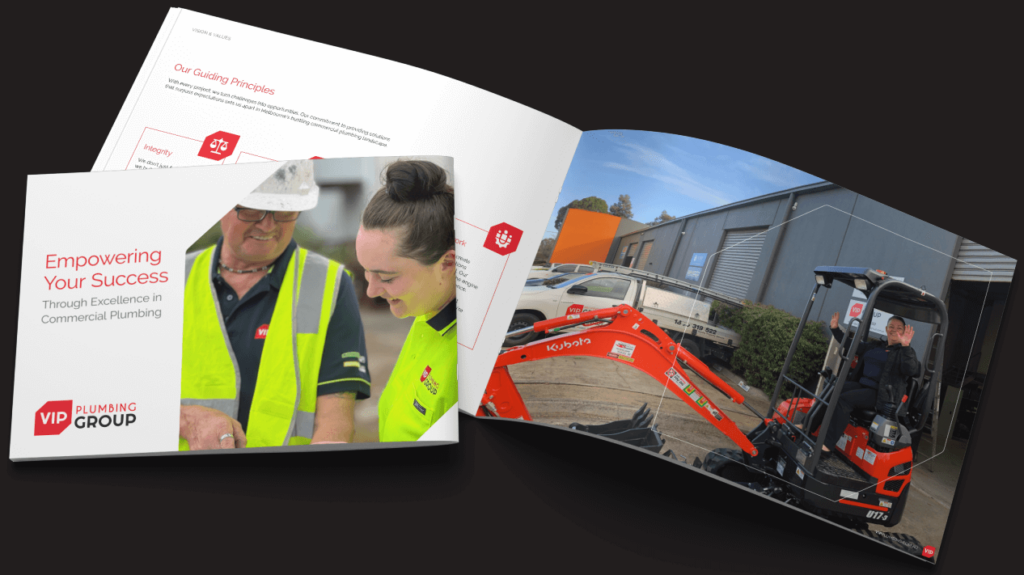
Frequently Asked Questions
Ongoing plumbing maintenance helps to reduce the chance of plumbing emergencies and extend the longevity of plumbing fixtures. Some examples of this include:
- Regular gutter and roof cleaning prevents roof degradation and minimises chances of leaks. This is most evident during heavy rains as clean gutters and roof areas allow for proper drainage.
- Carrying out audits to plumbing fixtures helps identify small plumbing problems before they become plumbing emergencies. This includes identifying any splits or deterioration on seals and rings in taps and toilets and carrying out minor repairs before more major works are required.
Licensed plumbers have undergone relevant training and testing to ensure they have the necessary skills and knowledge to undertake plumbing work safely, effectively and, most importantly, in a compliant manner. Engaging a licensed plumber mitigates other legal risks as well including warranty, insurance and liability. Most of all however, licensed plumbers bring with them a wealth of expertise and experience, reducing the risk to the existing plumbing systems and getting the job done right the first time!
The three most common myths we see a lot are:
- Flushable wipes are safe: despite the marketing around them, these disposable wipes should never be flushed down the toilet. These wipes do not break down as easily as toilet paper and as such contribute to blockages.
- Running water will dispose of grease: running hot water does not prevent grease or kitchen fats poured down the sink from congealing and clogging pipework. It’s best to dispose of grease once it has hardened in a container to protect those drains!
- It’s OK to leave a small drip: small issues have the potential to cause big problems. Small leaks or drips can waste a significant amount of water over time and may indicate a larger problem.
There are lots of ways that plumbing can aid in conserving water, reducing energy consumption and minimising pollution. Some include:
- Fix leaks promptly– even small leaks can waste a lot of water over time when left.
- Use good quality, water-efficient plumbing fixtures– replace old toilets, taps and showerheads with new, good quality fixtures that help save water without compromising performance.
- Use rainwater- installing rainwater tanks can harvest rainwater from roofs and gutters to be able to use throughout your property.
- Be mindful of what goes down the drain– ensure that hazardous materials are disposed of correctly and make the switch to eco-friendly chemicals when cleaning to minimise the impact on the environment.
An unusually high water bill is most likely a sign of a leak somewhere in the property. It is important to locate where the leak is coming from and rectify this as soon as possible. Leaks could be coming from plumbing fixtures like taps and toilets or could be from bursts in the pipework.
Other ways to tell if there is a leak is:
- Dripping sounds from inside the walls/ceilings
- Visible wet patches both internally and externally
- Low water pressure
Blocked drains can be caused by a range of things and can affect plumbing fixtures throughout the property.
Blockages can be caused by a buildup of natural matter, hair, debris or ingress of tree roots to name a few. It is super important to ensure that only appropriate materials are flushed down the drains to prevent blockages- no paper towels, sanitary items, cooking fats, paints etc. should ever be put down the drain!
Ongoing or repeated blockages can be a sign of a blockage further down the drains at the property that may need to be cleared using a sewer machine or jet wash.
Due to the many, MANY different types of hot water services and the different environments they are kept in, there is no one stock standard answer. Hot Water Services can last anywhere from 6-15 years, however some can last up to 20 years!
Ongoing maintenance maximises the longevity of your hot water service. Maintenance includes regular cleaning of the strainers and filters, removing any sediment build up and checking for signs of corrosion or leaks.
Some plumbing tasks can be carried out by someone at the property without needing to call a plumber, including plunging a toilet. However, if the blockage does not clear after plunging or is recurring, it is best advised to get a plumber out to assess the situation as more involved works or speciality equipment may be required.
Whether it is unblocking a toilet or changing over taps, it’s important to engage a professional if there is ever any doubt to ensure further damage isn’t caused!

